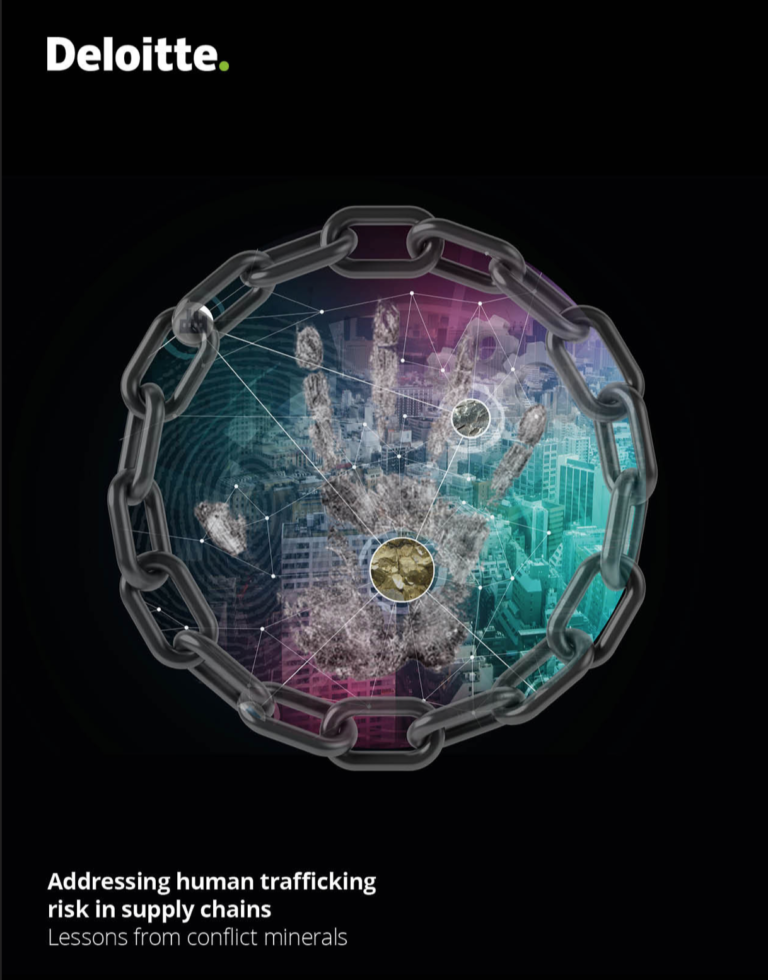Indicators of Forced Labour
GuidanceThis booklet presents an introduction to the International Labour Organization (ILO) Indicators of Forced Labour. These indicators are intended to help “front-line” criminal law enforcement officials, labour inspectors, trade union officers, NGO...Read More

